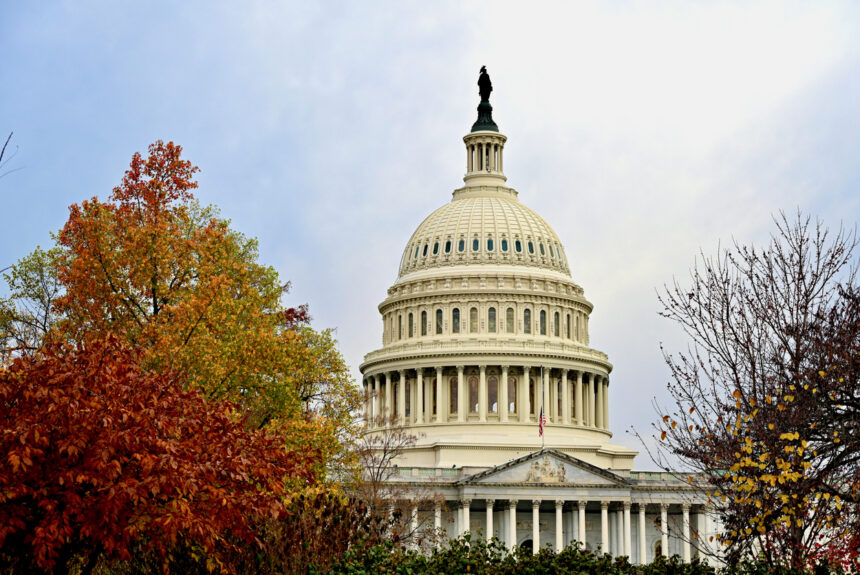Thomas J. Duesterberg writes in The Wall Street Journal that the end of Chevron could be good for free trade.

- In Loper Bright, the Supreme Court overturned the Chevron Deference which instructed judges to defer to agency interpretations of vague laws as long as they were “reasonable.”
- Congress now has the responsibility to craft clear legislation for a number of issues, including trade policy.
- Despite both presidential candidates supporting tariffs and protectionism, Congress should look to create trade deals with allies and bring WTO cases against China.
- With Chevron now dead it is time for Congress to act.
“The Supreme Court’s decision thus comes at a critical moment. The justices have empowered Congress to prevent or roll back trade decisions that are too ambiguous or illegal. Trade expert Alan Wolff has argued that Mr. Trump may not have authority to impose 10% across-the-board tariffs. Arguably, the post-Chevron environment permits legal challenges to some existing trade restrictions—say, on steel and aluminum tariffs or on restrictions of electric vehicles and components from allies with market economies. Rules covering restrictions on exports and imports of high-technology equipment and software could also be challenged, according to a Morgan Lewis analysis. Affected parties in both private and public sectors could file complaints.”
Read the full article here.
The views and opinions expressed are those of the author’s and do not necessarily reflect the official policy or position of C3.
